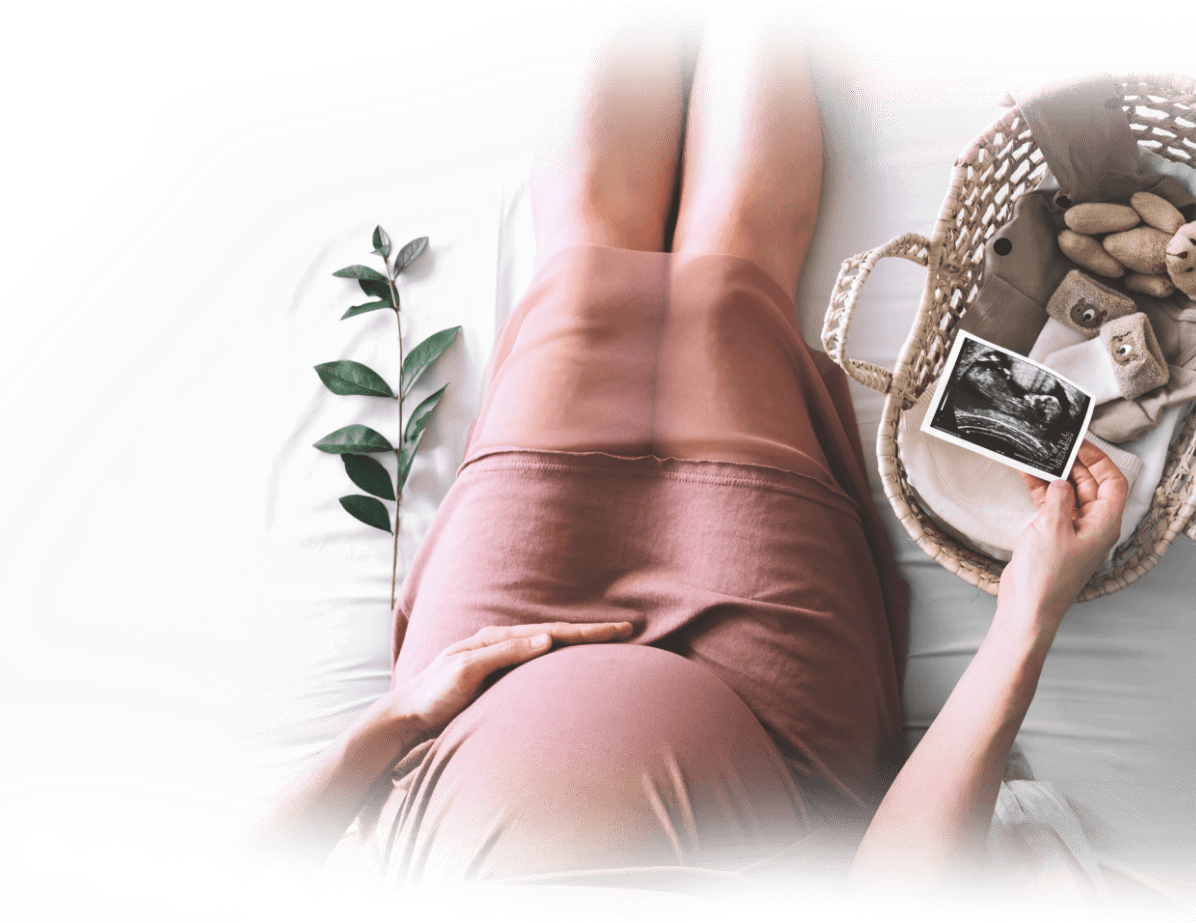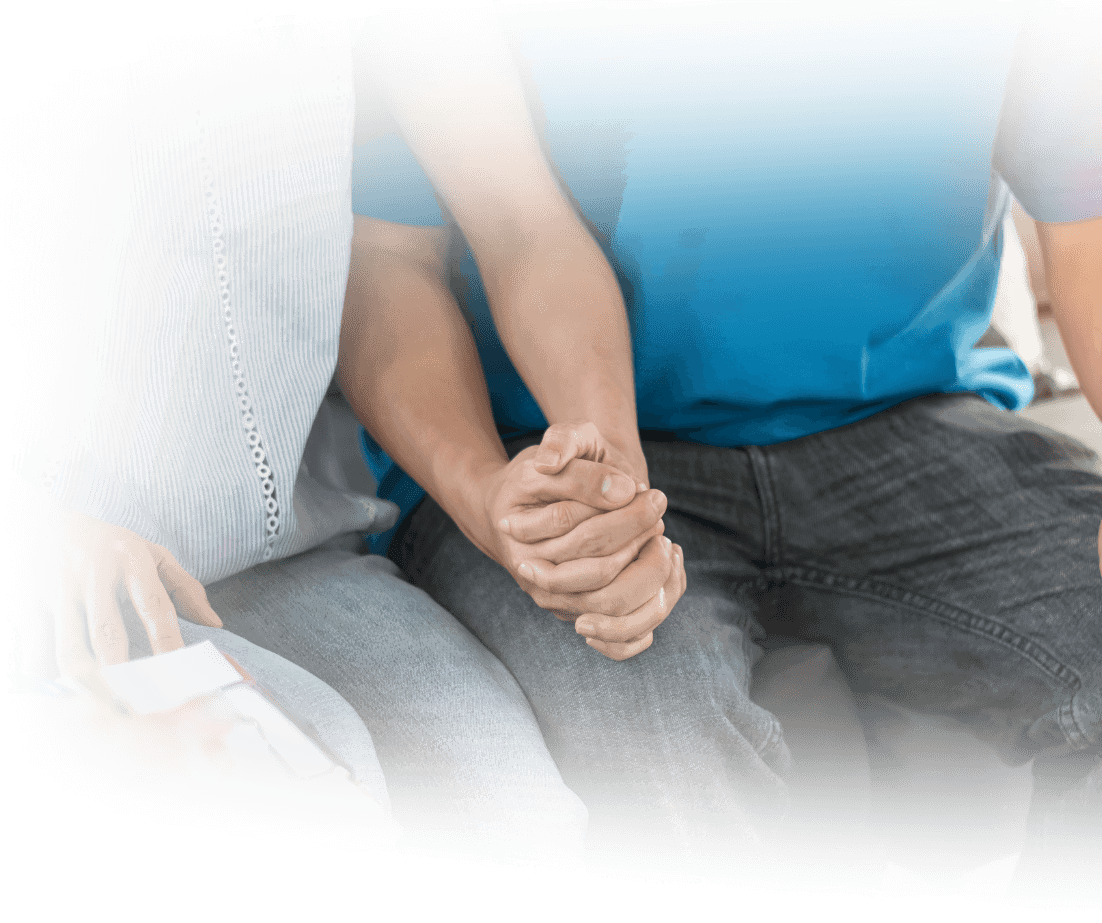
What is IVF?
In vitro means outside the body. Fertilization means the sperm has attached to and entered the egg.In vitro fertilization (IVF) is the joining of a woman's egg and a man's sperm in a laboratory dish.

What is the difference between IVF and ICSI?
In vitro fertilization or IVF is the fertilization that takes place outside the body in almost similar conditions as that in the body. During IVF, mature eggs are collected (retrieved) from ovaries. Collected eggs are then fertilized by selected sperms. Under appropriate temperature and humidity conditions, the strongest sperm will penetrate the egg membrane, then transfer the fertilized egg back to the uterine cavity and let it growing naturally.
The difference between ICSI and other methodologies is that with the ICSI method, we select only one best sperm of the male and one best egg of the female that are perfect for fertilization. After the egg and sperm retrieval, the embryologist will select the healthiest egg and sperm to fertilize by using a microneedle to inject only one best sperm directly into the egg. Once the embryo is mature enough, it will be transferred back into the uterine cavity. ICSI is normally used to help couples conceive when the man has a low sperm count, or where there are abnormalities in the shape or movement of the sperm.
The key difference between IVF and ICSI is how the sperm fertilizes the egg. In IVF, the eggs and sperms are left in a laboratory dish to fertilize on their own. In ICSI, the selected sperm is directly injected into the egg. Because of ICSI, many previously infertile men now have a good chance of fertilizing eggs with their sperm. Therefore, ICSI is more popular than traditional IVF.
If you and your partner are experiencing fertility problems and are considering IVF, there should be good preparation for the treatment both physically and mentally. To learn more about how you can best prepare for IVF treatment, contact us to schedule a personal consultation.

Who should consider ICSI?
- Women with blocked or narrowed fallopian tubes
- Women with severe endometriosis
- Men with low sperm motility, low sperm count, poor sperm morphology (abnormally shaped sperm)
- Men with obstruction which prevents sperm release, such as vasectomy
- Men with vasectomy reversal that was unsuccessful or resulted in a very low sperm count or very poor quality sperm
- Couples who experiencing failed multiple attempts of IUI cycles
- People suffering from unexplained infertility with more than 3 years trying to concieve
- People with genetic conditions

Preparation
Female
- The doctor will schedule the appointment to do an evaluation of your ovaries to assess their readiness to undergo stimulation through blood tests and ultrasounds.
- The person supplying the eggs receives medication injections for 8-10 days, depending on the individual response.
- Throughout this phase, You will be asked to come into the clinic 2-3 times, for blood tests and ultrasounds. Using these results the doctor may modify your treatment plan and medications.
- Once the eggs have reached the desired sizes, the doctor will make an appointment to remove them from the ovaries.
Male
- Your male partner will provide a semen sample the day of the procedure.Stopping ejaculation for 2 to 5 days is recommended before sperm collection.
- The sperm will immediately be taken to a lab where they will be "washed." Sperm washing helps get rid of chemicals in the semen that can cause reactions in your uterus and make it harder to get pregnant.

Getting Started:
In vitro fertilization (IVF)
You will be asked to lie on the examination bed in a sterile room. The procedure will be done under general anesthesia to keep the process comfortable and painless, then a needle is inserted through the vagina into the ovaries to collect the eggs. The whole process usually takes 30 minutes. When all of the follicles have been aspirated, you will recover for two hours at the clinic, then heads home to rest. It's also normal to experience some spotting or light bleeding no more than 7 days. Just be mindful that you won't be able to do the intense exercises in 2 weeks after egg retrieval.
After the egg retrieval procedure, the most common side effects are constipation, bloating, breast tenderness, and OHSS.
There is a very small risk of infection and vaginal bleeding after the egg collection.


